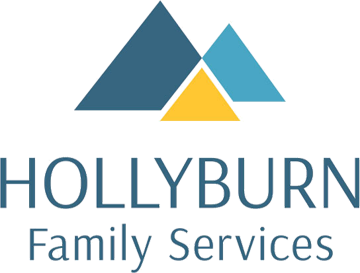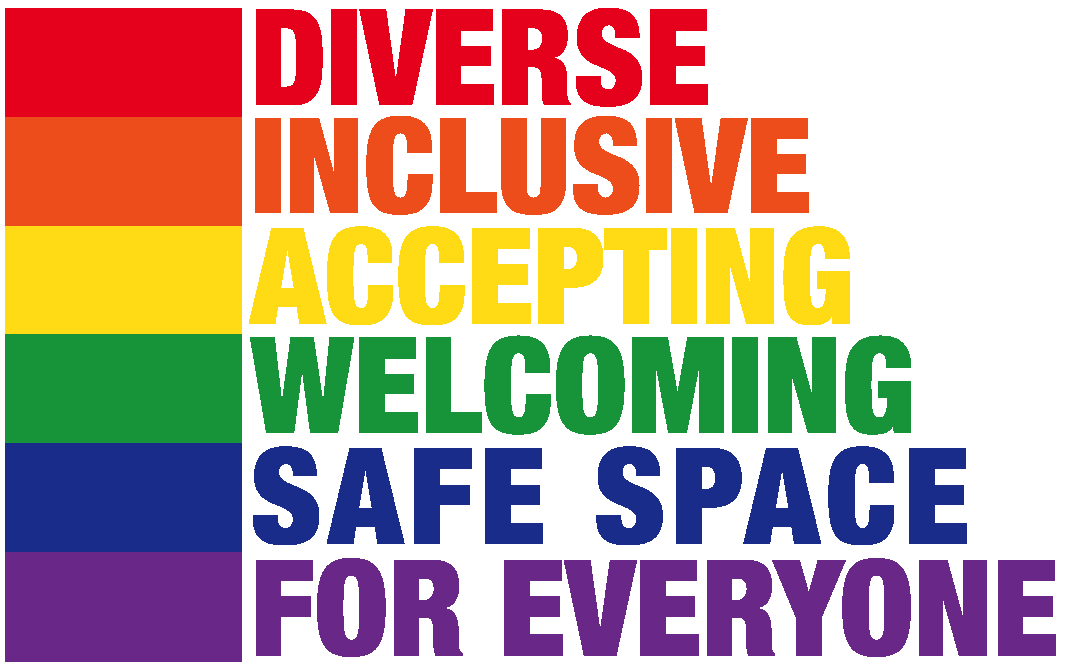Trauma Therapy
We offer counselling to North Vancouver, West Vancouver and the surrounding Greater Vancouver area to individuals, couples and families.
About Trauma Therapy: Trauma & Post Traumatic Stress Disorder (PTSD)
Trauma related symptoms can occur after a person has been directly exposed to, witnessed, or learned about a traumatic experience. Traumatic experiences could include any kind of abuse or assault (physical, psychological, sexual), transportation accidents, unexpected death of a loved one, seeing someone else injured or killed, natural disasters, or any other event or situation that involves actual or threatened death, serious injury, or violence.
PTSD or trauma-related symptoms may include:
- Difficult Sleeping
- Avoidance of people or places that remind you of the traumatic experience
- Flashbacks
- Nightmares
- Negative thoughts
- Constantly feeling “on guard”
- Lost of interest in activities you used to enjoy
- Feeling detached from family and friends
- Being easily startled or frightened
Treatment for symptoms of trauma or PTSD by a Registered Clinical Counsellor can be helpful in reducing these symptoms and improving quality of life. Consider seeking trauma counselling
Staying Safe with PTSD and Trauma
One of the first tasks in establishing a sense of safety is developing safe coping skills. We all have coping skills for dealing with difficult emotions, symptoms, and situations, some of them healthy and effective, others are unhealthy and less effective. Some common unhealthy coping skills include substance use, isolation, violence, and self-harm. While these coping skills may help manage PTSD-related symptoms of trauma in the moment or short-term, they often make symptoms worse or create new problems in the long-term. A Registered Clinical Counsellor can help you establish safe coping skills through trauma counselling.
Examples of healthier and effective coping skills in trauma counselling include :
- Reaching out to safe supports
- Self-compassionate thoughts
- Creating a safety plan
- Calming & relaxation strategies
- Grounding in the present.
PTSD & Trauma Therapy Treatment
Seeking help from a Registered Clinical Counsellor may be beneficial for symptom relief if you are still noticing your trauma-related symptoms months or years after the event(s) has taken place. For some individuals, processing and healing from trauma may involve talking about the event(s) that happened through trauma counselling when adequate safe coping strategies are in place.
For others, a more present-focused approach is more beneficial, which does not involve talking about the details of the traumatic experience(s), but rather how the individual is currently being affected by the trauma, and skills to manage areas that are being affected and replace maladaptive coping skills with more helpful skills. These coping skills can help make it possible to talk about and process painful memories later. Since there is variability in each individual’s response to trauma, there is also variability to the best treatment approach for each individual. Trauma counselling can help.
Supporting Children/Teens with Trauma & PTSD
For those supporting children and teens with trauma, it’s helpful to consider the very different ways young people respond to grief, loss, and traumatic experiences. Age, level of maturity and access to supportive friends and family members all determine how a child or teen will cope with the event. Teens often turn to peers rather than family members to talk through their fears. Parents may talk with each other or with other family and friends when their teen is present to help demonstrate that dialogue and support seeking behaviors are normal and healthy ways to cope. Children are helped by parents who are open to hearing the tough questions they may ask about why someone would do such a thing, or how this could happen in a safe, quiet place like a public library. There are no easy answers to these questions. Nonetheless parents are encouraged to be their child’s primary source of information, to protect from misinformed messages they may encounter in social media, or through texts shared as stories about the event circulate.
Parents are advised in trauma counselling to stay open to what their children are hearing and seeing about the incident. Every reaction is an opportunity to explain that when bad things happen, it’s normal to feel frightened, ask questions, and seek support and comfort from people you trust and love. If children aren’t talking it may be helpful for parents to take initiative to broach the subject briefly and tenderly to signal that it’s ok to talk about what’s happened – no harm will come from expressing feelings or thoughts to each other about the event.
If you’re a parent or grandparent, encourage your children to return to their activities and make a point of doing the same for yourself. Children and teens look to their adults for signs and signals of safety and security in the world. If their adults make an effort to restore some semblance of normal life, they will follow that example.
How we can help with Trauma & PTSD?
Healing and coping with trauma is a process our Registered Clinical Counsellors are trained in to provide trauma counselling. We help encourage you to take each moment one step at a time and release your trauma so you can thrive.
We offer professional counselling services from our offices at 104-267 Esplanade W, North Vancouver. We are walking distance from the Seabus from downtown Vancouver. If you are unable to attend in-person counselling at our North Vancouver offices, we provide virtual counselling services via secure video counselling platforms.


